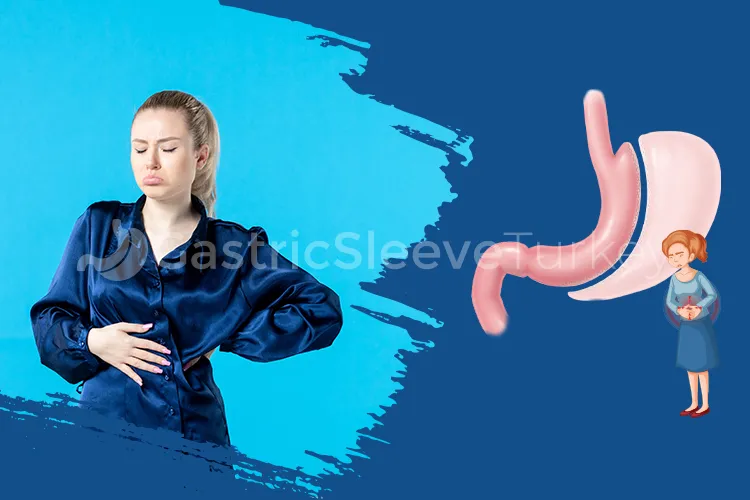
Diarrhea after gastric sleeve surgery is a common concern among patients. This condition, characterized by frequent, loose stools, can significantly impact recovery and quality of life. Gastric sleeve surgery, while highly effective for weight loss, alters the digestive system, making it more prone to changes in bowel habits. Understanding the causes of diarrhea, knowing how to manage it, and recognizing when to seek medical help are crucial for a smooth post-surgical journey. This article aims to provide comprehensive information on diarrhea after gastric sleeve surgery, offering practical advice and addressing common concerns.








Why Did I Have Diarrhea After Gastric Sleeve Surgery?
Diarrhea following gastric sleeve surgery can arise from several factors. The most prevalent causes include dietary changes, increased food sensitivities, and alterations in the gut microbiome. The reduced stomach size leads to faster food transit, which can result in loose stools. Moreover, some patients develop lactose intolerance or difficulty digesting fatty foods post-surgery, contributing to diarrhea. According to a study in the “Journal of Bariatric Surgery,” 20-30% of patients experience significant bowel habit changes, including diarrhea, in the initial months after surgery.
Is It Normal to Get Diarrhea After Gastric Sleeve?
Experiencing diarrhea after gastric sleeve surgery is relatively common, particularly in the early recovery phase. The body undergoes substantial adjustments as it adapts to the new digestive system. However, while common, persistent or severe diarrhea should not be ignored. It may indicate underlying issues like malabsorption or infection. If diarrhea persists for more than a few days or is accompanied by severe abdominal pain, fever, or dehydration, immediate medical consultation is necessary.
What Can I Do About Diarrhea After Gastric Sleeve Surgery?
Managing diarrhea post-gastric sleeve surgery involves several effective strategies. Gradually introduce new foods, avoiding high-fat, high-sugar, and dairy products initially. Consume small, frequent meals to aid digestion and increase soluble fiber intake to solidify stools. Replenish lost fluids by drinking plenty of water and electrolyte-rich beverages. Consult your doctor before using over-the-counter anti-diarrheal medications and consider probiotics to restore gut flora balance.
What Does Overflow Diarrhea Look Like?
Overflow diarrhea occurs due to a blockage of hardened stool, resulting in frequent, small amounts of liquid stool that bypass the obstruction in the colon. Abdominal discomfort and a feeling of incomplete evacuation are common.
What Can Help You Poop After Gastric Sleeve?
To relieve constipation after gastric sleeve surgery, increase your fiber intake, stay well-hydrated, engage in regular physical activity, and use stool softeners or fiber supplements as recommended by your doctor.
Why Do I Keep Getting Diarrhea After Gastric Sleeve?
Persistent diarrhea after gastric sleeve surgery can be caused by food intolerances, nutrient malabsorption, small intestinal bacterial overgrowth (SIBO), or dumping syndrome. Consult your doctor for diagnosis and treatment.



